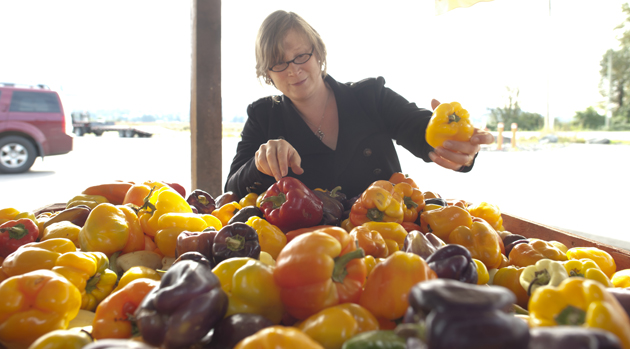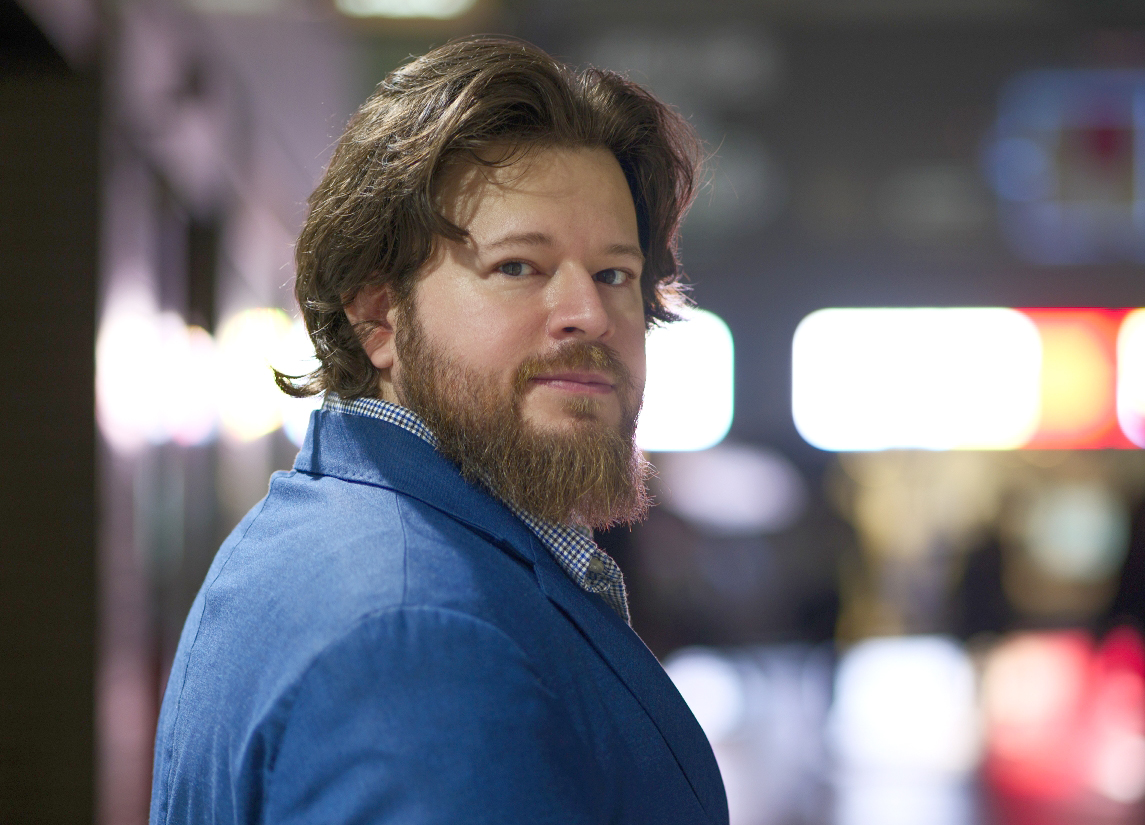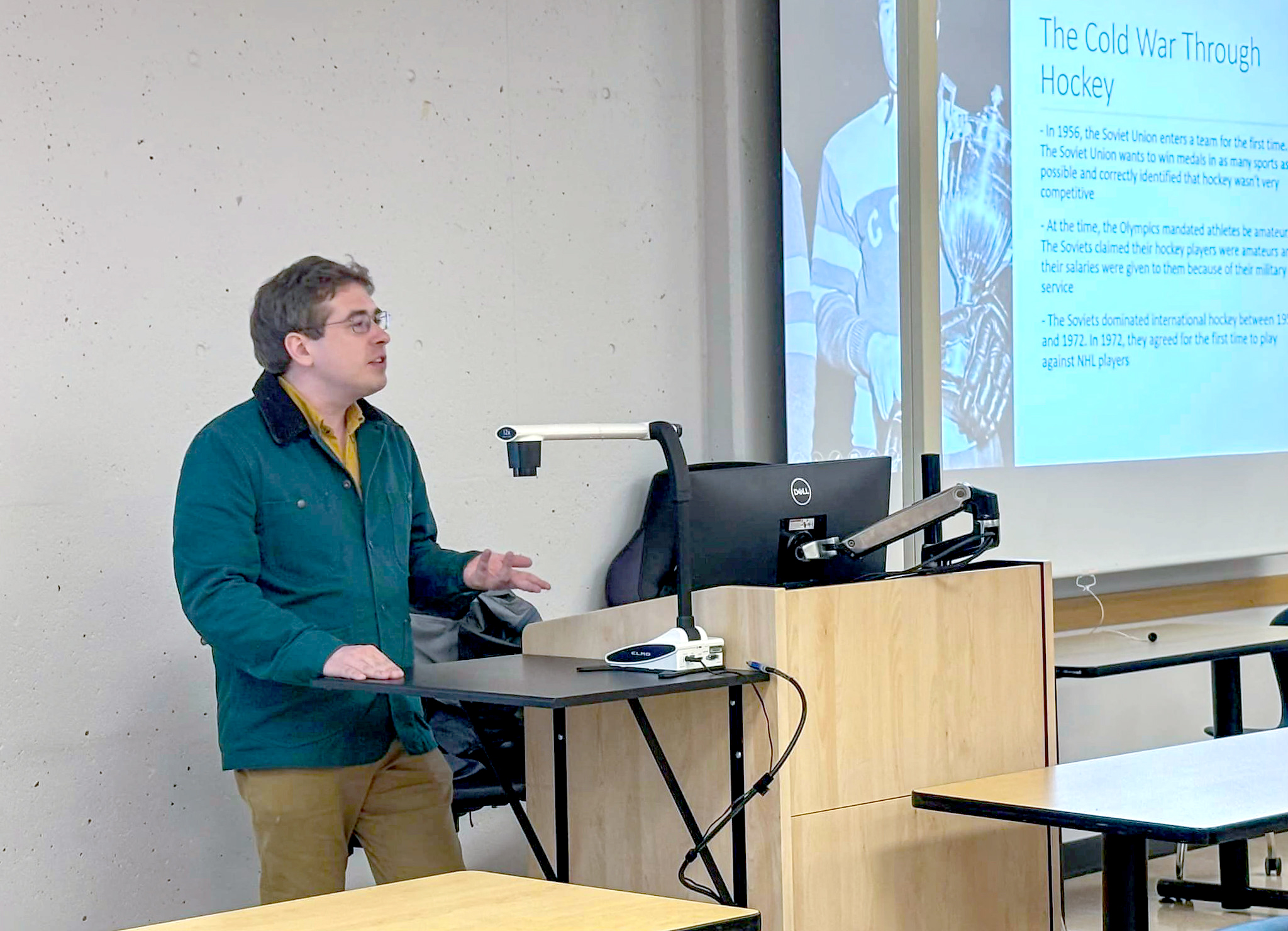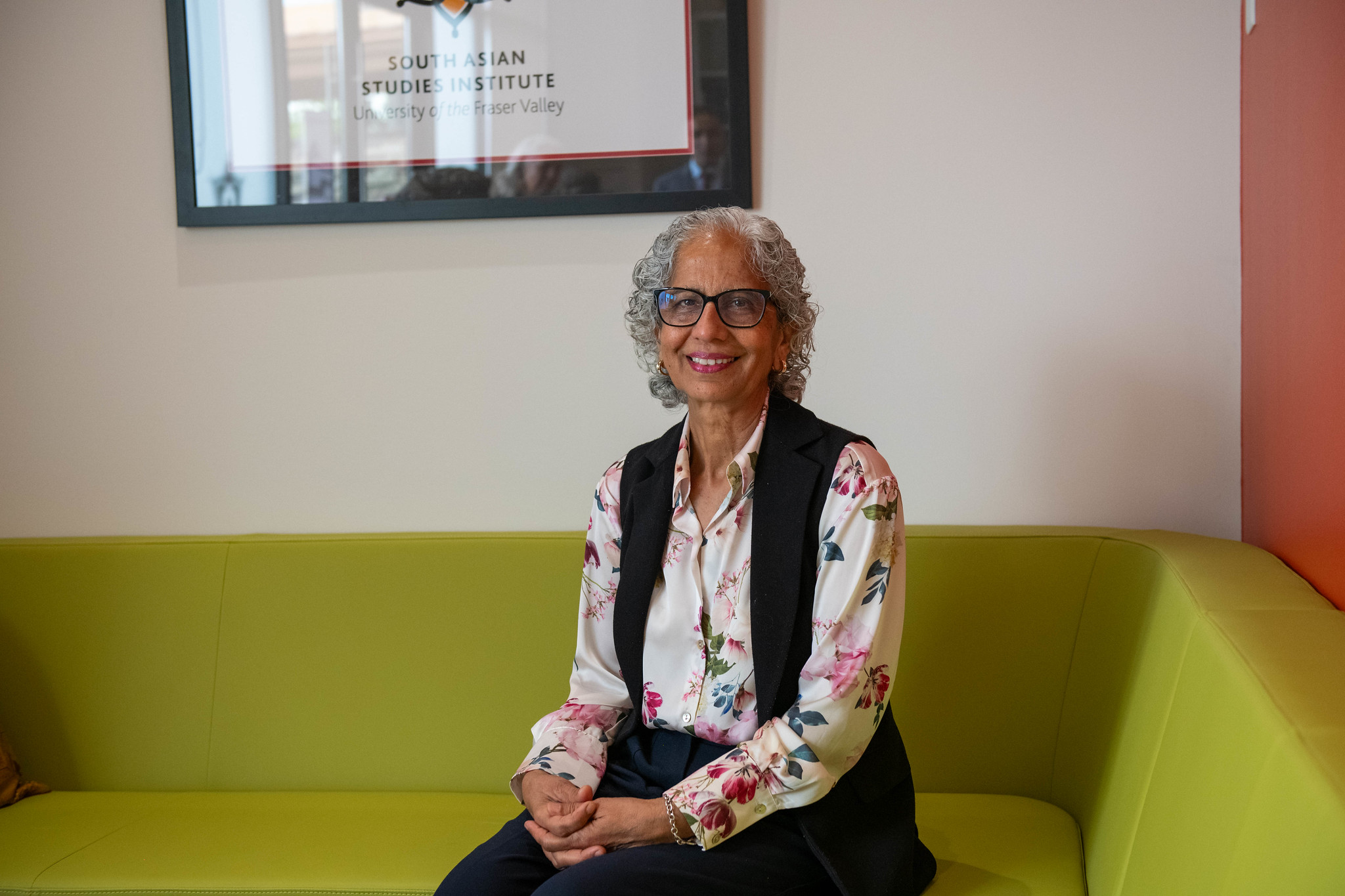Lenore Newman to speak on Wed, Feb 5 on impact of ALR over past 40 years
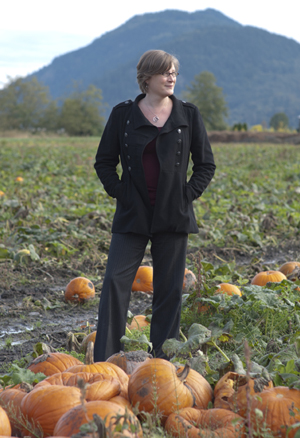 What would the Lower Mainland look like today if it wasn’t for the Agricultural Land Reserve?
What would the Lower Mainland look like today if it wasn’t for the Agricultural Land Reserve?
As the provincial Agricultural Land Commission marks its 40th anniversary this year, it’s a question worth considering.
The ALC, an independent provincial agency with a mandate of identifying and protecting agricultural land by acting as a steward of the Agricultural Land Reserve, was established in 1974.
According to Dr. Lenore Newman, who holds a Canada Research Chair in Food Security and the Environment at the University of the Fraser Valley, urban sprawl would now cover virtually all farmland between Vancouver and the Sumas Prairie in Abbotsford if not for the protection of the ALR.
“If the Agriculture Land Reserve hadn’t have been put in place, we would have lost 80 percent of the agricultural land in our region by now,” she contends, extrapolating from the rate at which rural land was being developed for housing, industry, and other urban uses before the ALR was established.
Newman will be speaking about the impact of the ALR as part of the University Lecture Series at UFV on Wed, Feb 5, at 4 pm in the lecture theatre (B101) on the Abbotsford campus. The lecture, titled ALR at 40: Land Loss and Fragmentation in the Fraser River Basin and presented by the UFV Office of Research, is free and the public is welcome.
That’s not to say that the ALR hasn’t been chipped away at over the decades, as landowners’ applications to have land removed were approved by the commission, sometimes with the support of local municipalities.
“In most of the regions, we’ve lost 8 to 10 percent over 40 years,” Newman notes. “That’s not horrible, but it’s also not sustainable.”
She contends that it’s time to make the reserve live up to its name and place a moratorium on removal of land from it, at least in the Lower Mainland and Vancouver Island.
“Landowners have had 40 years to make a case that their land should be removed. If it’s still in the reserve, then that’s where it should stay.”
And as various provincial governments put their stamp on the reserve over the years, there have been different definitions of acceptable uses of agricultural land. For example, for several years it was permissible to develop golf courses on ALR land, a practice that Newman says is equal to removing it.
“You’d be better off jackhammering up the Home Depot parking lot and making a farm there than trying to return a golf course to agricultural land, what with all the contouring and other changes they make,” she says.
Land speculation is another challenge that the ALR faces, a problem which would be mitigated by a freeze on removing land from the ALR.
Newman will be assisted in her Feb 5 lecture by Dr. Denver Nixon, a post-doctoral fellow who has been working with her on a research project supported by the Canada Research Chair funds titled Life in Agriburbia, 40 Years of the ALR. Nixon will share mapping research that he has done, showing what land has been taken out of the reserve in the communities south of the Fraser River on a parcel-by-parcel basis over the last 40 years.
The Lower Mainland is situated in what is essentially a very small mountain-ringed valley, Newman notes, with enormous development pressures on it.
“We are at ground zero in some ways, because valley space is so tight and the stakes are so high,” she says. “It is inevitable that we have to consider densifying existing neighbourhoods, developing hillsides, and recycling moribund industrial land. We’re going to have to do all that to handle growth pressure, but we may as well protect what farmland we have left while we are at it. I think most people would prefer to see that happen.”
Newman says that farmland provides more than just the value of the crop produced.
“It also provides green-space, views, wildlife habitat, flood control, water recycling, agri-tourism opportunities, and many economic spinoff benefits.”
She cites the example of having a broccoli farm versus building houses on a piece of land.
“It will cost the local government money to service those houses, but in addition to access to food, a broccoli farm could be part of a local farm festival as well as providing green space.”
Along with the ALR, the University of the Fraser Valley is celebrating 40 years in 2014. This lecture series is one of the special events commemorating the 40th anniversary.
-30-
About the ALR and ALC (From government website):
The Agricultural Land Reserve (ALR) is a provincial zone in which agriculture is recognized as the priority use. Farming is encouraged and non-agricultural uses are controlled.
The ALR covers approximately 4.7 million hectares. It includes private and public lands that may be farmed, forested or vacant land. Some ALR blocks cover thousands of hectares while others are small pockets of only a few hectares.
In total, the ALR comprises those lands within BC that have the potential for agricultural production.
The Provincial Agricultural Land Commission (ALC) is an independent Provincial agency responsible for administering the Province’s land use zone in favour of agriculture.
The purpose of the Commission is:
- to preserve agricultural land;
- to encourage farming in collaboration with other communities of interest; and
- to encourage local governments, First Nations, the government and its agents to enable and accommodate farm use of agricultural land and uses compatible with agriculture in their plans, bylaws and policies.
About Dr. Lenore Newman and Dr. Denver Nixon
Dr. Lenore Newman holds the Canada Research Chair in Food Security and the Environment at the University of the Fraser Valley. She holds a BSc (Hons) from UBC, and an MES and PhD from York University in Ontario.
Newman’s love affair with food began on her family’s fishing boats, where she gained an early introduction into the world of direct marketing of local products. She holds a Canada Research Chair in Food Security and Environment at the University of the Fraser Valley, where she is an associate professor in the Geography department. She runs a research program focused on Canadian regional cuisines, local food sovereignty, culturally preferred foods, and urban food systems. She has written extensively on the resurgence of farmers’ markets in Canada, and is a strong advocate for fresh, local food. Lenore sits on the board of the Vancouver Farmers’ Markets, is a past president of the Environmental Studies Association of Canada, and sits on the board of several academic journals dealing with food and food studies. She writes both academic and popular works about food, and was happy to return to the west coast to pursue her love of hiking and cooking.
Dr. Denver Nixon has been a post-doctoral fellow working with Dr. Newman at UFV for the past year. He holds a BSc double major in Geography and Sociology from the University of Victoria, an MES from York University, and an MLIS and PhD in Geography from the University of Western Ontario
Nixon is curious about human relationships with natural and built environments, and various approaches to conservation. His doctoral work looked at the differences between pedestrian, cycle, and automobile commuters’ sense and understanding of their commute environments. For example, the first paper published out of that research reports on commuters’ sense of the energy used to travel across contoured and traffic-controlled landscapes, and how this sense shapes their transportation practices. Denver welcomed the return to the ALR in this postdoctorate, as he studied the ALR, as well as the Islands Trust, during his undergraduate and first master’s degree. He believes that land use policy is an irreplaceable component of agricultural land preservation and food security. This postdoctoral research also re-sharpened the GIS and cartographic skills that he developed during his undergraduate and later honed at the Capital Regional District.
-30-


